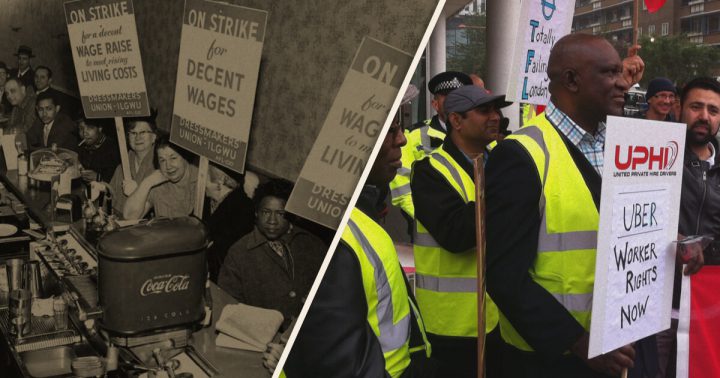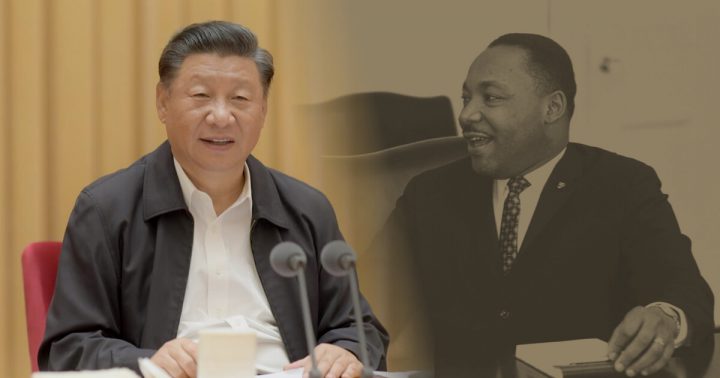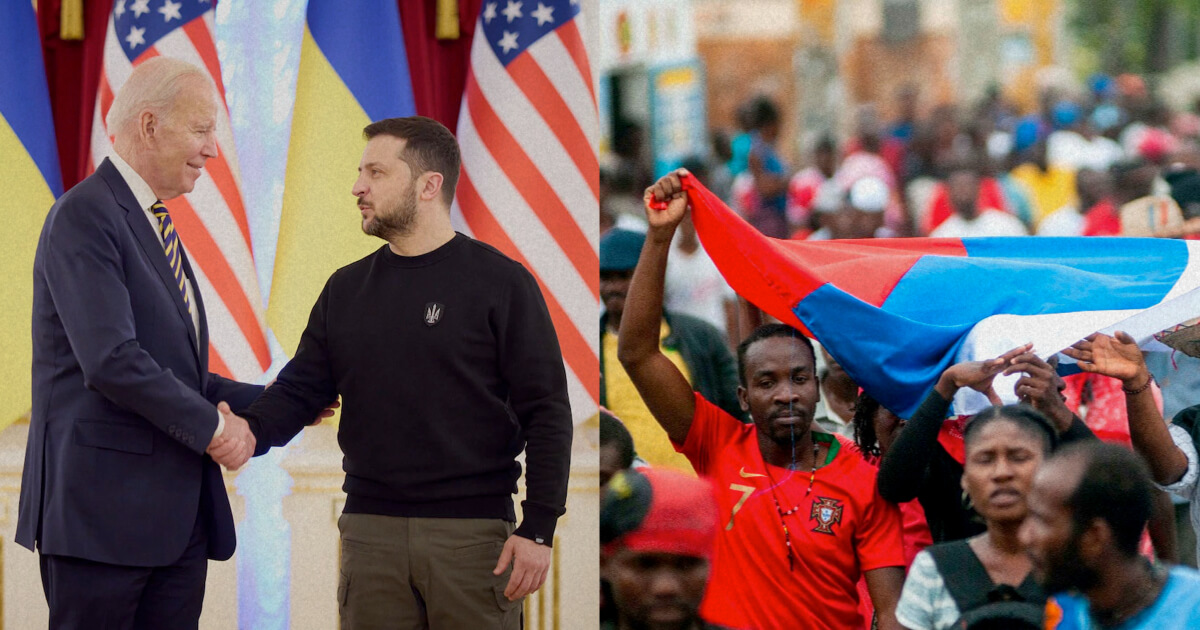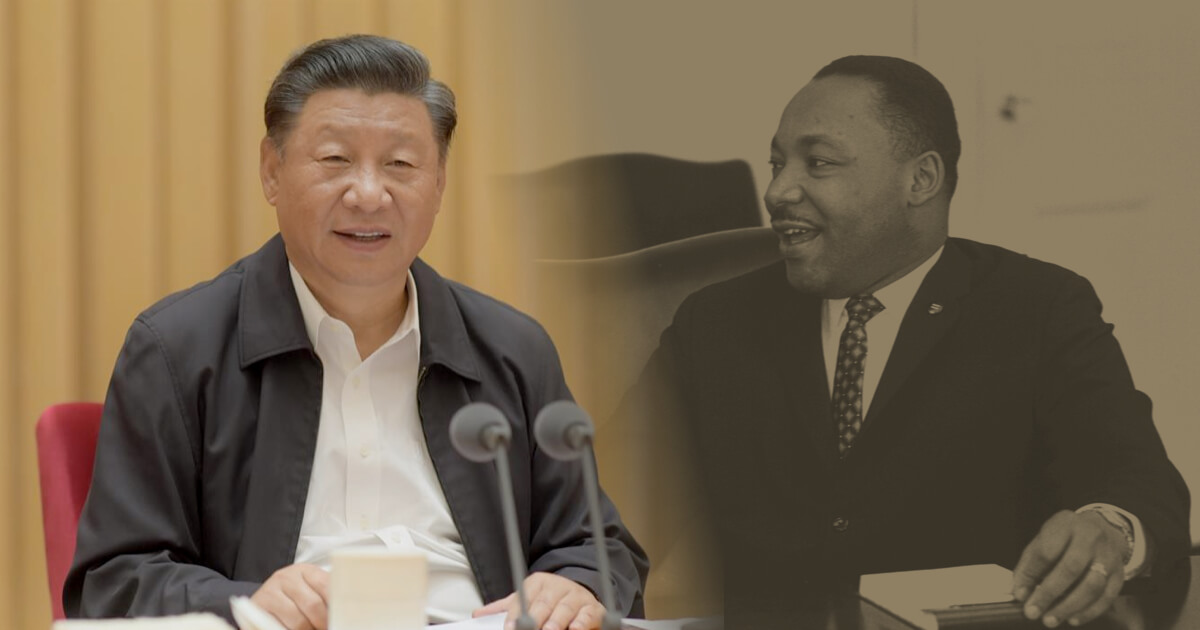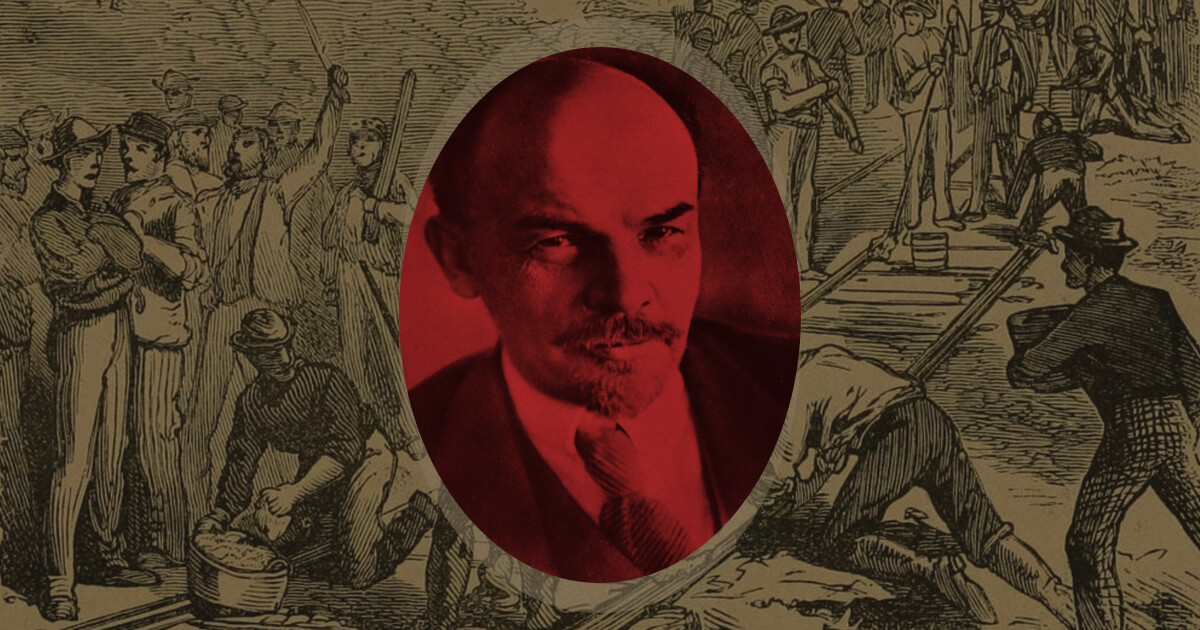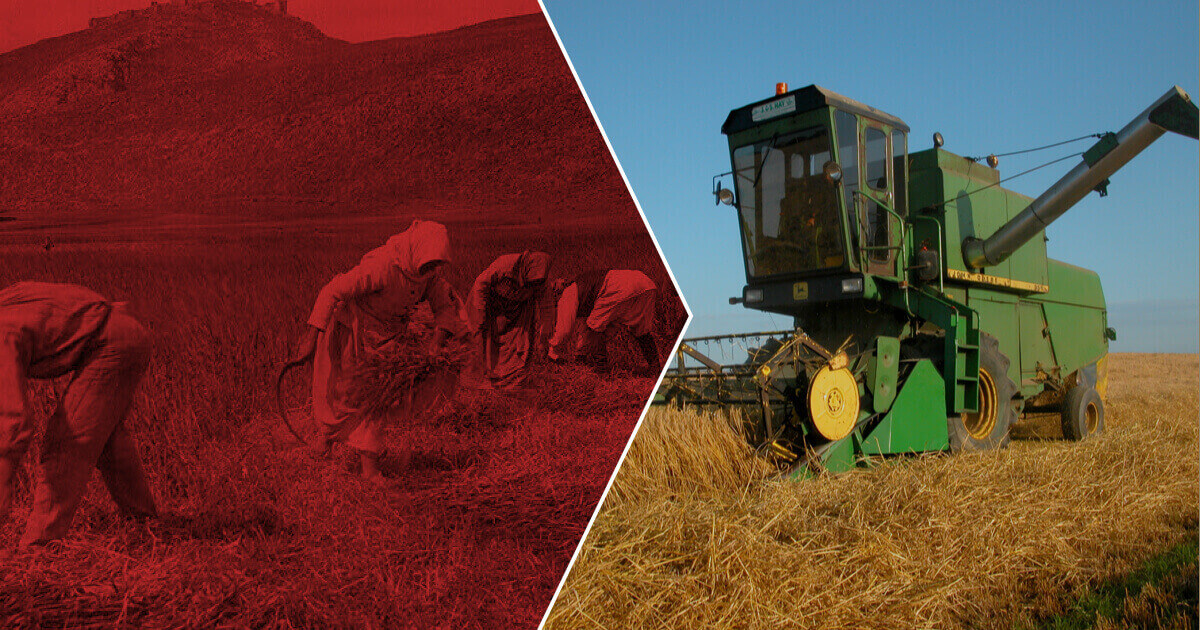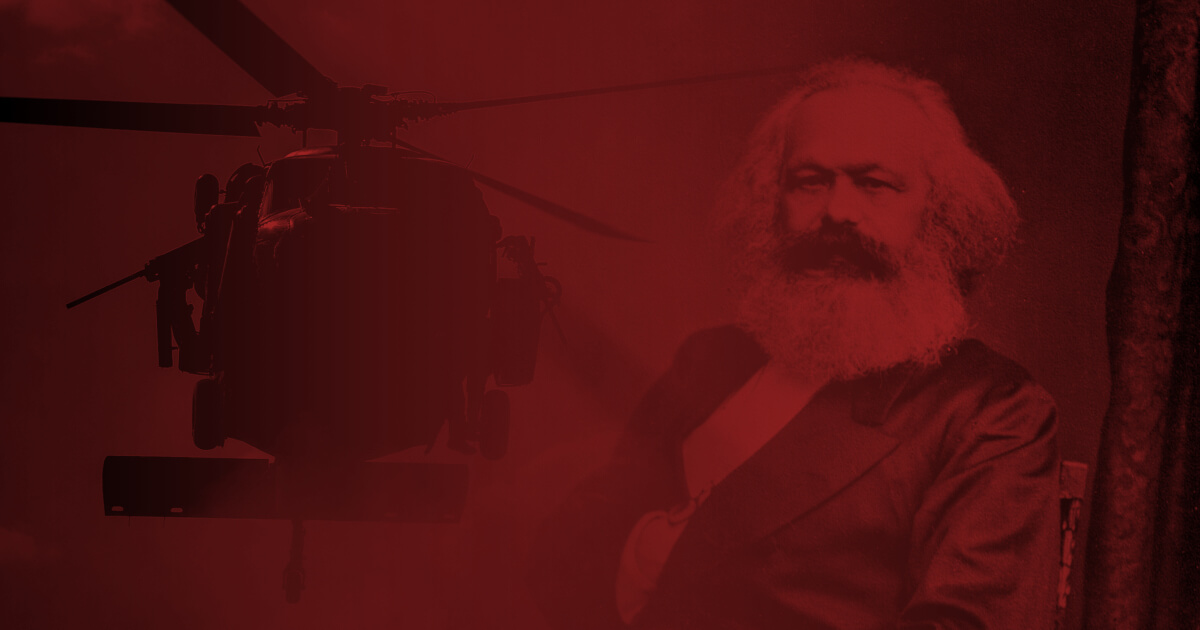Among the absurdities which the bourgeoisie are fond of spreading about Socialism is the allegation that Socialists deny the importance of competition.
In fact, it is only Socialism which, by abolishing classes, and consequently, by abolishing the enslavement of the masses, for the first time opens the way for competition on a really mass scale. And it is precisely the Soviet form of organization, which ensures transition from the formal democracy of the bourgeois republic to the real participation of the masses of the toilers in administration, that for the first time puts competition on a broad basis. It is much easier to organize this in the political field than in the economic field; but for the success of Socialism, precisely the latter is important.
Take, for example, such means of organizing competition as publicity. The bourgeois republic ensures publicity only formally; as a matter of fact, it subordinates the press to capital, entertains the “mob” with thrilling political trash, conceals what takes place in the workshops, in commercial transactions, contracts, etc., behind 2 veil of “commercial secrets,” which protect “the sacred right of property.” The Soviet government has abolished commercial secrets; it has entered a new path; but we have done hardly anything to utilize publicity for the purpose of encouraging economic competition. While ruthlessly suppressing the thoroughly mendacious and insolently slanderous bourgeois press, we must set to work systematically to create a press that will not entertain and fool the masses with political thrillers and trivialities, but which will place the questions of everyday economic life before the court of the people and assist in the serious study of these questions. Every factory, every village, is a producers’ and consumers’ commune, whose right and duty it is to apply the general Soviet laws in their own way (“in their own way,” not in the sense of violating them, but in the sense that they can apply them in various forms) and in their own way to solve the problems of accounting in the production and distribution of goods. Under capitalism, this was the “private affair” of the individual capitalist, landlord or kulak. Under the Soviet system, it is not a private affair, but the most important affair of state.
And we practically have not yet started on the enormous, difficult, but grateful task of organizing competition between communes, of introducing accounting and publicity in the process of the production of grain, clothes and other things, of transforming dry, dead, bureaucratic accounts into living examples, some repulsive, others attractive. Under the capitalist mode of production, the significance of individual example, say the example of some cooperative workshop, was inevitably exceedingly restricted, and only those imbued with petty-bourgeois illusions could dream of “correcting” capitalism by the influence of example of virtuous institutions. After political power has passed to the proletariat, after the expropriators have been expropriated, the situation radically changes and-as prominent Socialists have repeatedly pointed out-force of example for the first time is able to exercise influence on the masses. Model communes should and will serve as educators, teachers, helping to raise the backward communes. The press must serve as an instrument of socialist construction, give publicity to the successes achieved by the model communes in all their details, study the causes of these successes, the methods of management these communes employ, and on the other hand, put on the “black list” those communes which persist in the “traditions of capitalism,” i.e., anarchy, laziness, disorder and profiteering. In capitalist society, statistics were entirely a matter for “bureaucrats,” or for narrow specialists; we must carry statistics to the masses and make them popular ,so that the working people themselves may gradually learn to understand and see how long and how it is necessary to work, how much time and how one may rest, so that the comparison of the business results of the various communes may become a matter of general interest and study, and that the most outstanding communes may be rewarded immediately (by reducing the working day for a certain period of time, raising the remuneration, placing a larger amount of cultural or esthetic facilities or values at their disposal, etc.).
When a new class ascends the historical scene as the leader and guide of society, a period of strong “tossing,” shocks, struggle and storm on the one hand, of uncertain steps, experiments, wavering, hesitation in regard to the selection of new methods corresponding to new objective circumstances, on the other, is inevitable. The moribund feudal nobility avenged themselves on the bourgeoisie which vanquished them and took their place, not only by conspiracies and attempts at rebellion and restoration, but also by pouring ridicule over the lack of skill, the clumsiness and the mistakes of the “upstarts” and the “insolent” who dared to take hold of the “sacred helm” of state without the centuries of training which the princes, barons, nobles and dignitaries had had, in exactly the same way as the Kornilovs and Kerenskys, the Gotzes and Martovs and the whole of that fraternity of heroes of bourgeois swindling or bourgeois skepticism avenge themselves on the working class of Russia for having had the “audacity” to take power.
Of course, not weeks, but long months and years are required in order that the new social class, and the class which up to now has been oppressed and crushed by poverty and ignorance at that, may get used to its new position, look around, organize its work and promote its own organizers. It goes without saying that the Party which leads the revolutionary proletariat could not acquire the experience and habits of large organizational undertakings embracing millions and tens of millions of citizens; the remoulding of the old, almost exclusively agitators’ habits is a very lengthy process. But there is nothing impossible in this, and as soon as the necessity for a change is clearly appreciated, as soon as there is firm determination to effect the change and perseverance in pursuing a great and difficult aim, we shall achieve it. There is an enormous amount of organizing talent among the “people,” i.e., among the workers and the peasants who do not exploit the labour of others. Capital crushed these talented people in thousands; it killed them and threw them on the scrap heap. We are not yet able to find them, encourage them, put them on their feet, promote them. But we will learn to do so if we set about it with all the revolutionary enthusiasm, without which there can be no victorious revolutions.
No profound and mighty popular movement has ever occurred in history without dirty scum rising to the top, without adventurers and rogues, boasters and shouters, attaching themselves to the inexperienced innovators, without senseless fuss, confusion, aimless bustling, without individual “leaders” trying to deal with twenty matters at once and not finishing any one of them. Let the lap dogs of bourgeois society, from Belorussov to Martov, squeal and yelp about every extra chip that is sent flying in cutting down the big, old wood. What else are lap dogs for if not to yelp at the proletarian elephant? Let them yelp. We shall go our road and try as carefully and as patiently as possible to test and discover real organizers, people with sober minds and a practical intelligence, people who combine loyalty to Socialism with ability without fuss (and in spite of bustle and fuss) to organize the strongly-welded and concerted joint work of a large number of people within the framework of Soviet organization.
Only such people, after testing them a dozen times, by transferring them from the simplest to the more difficult tasks, should be promoted to the responsible posts of leaders of the people’s labour, leaders of administration. We have not yet learned to do this, but we shall learn.
A section of Lenin’s book, The Immediate Tasks of the Soviet Government. Photo credit: Public Domain, Pexels.

